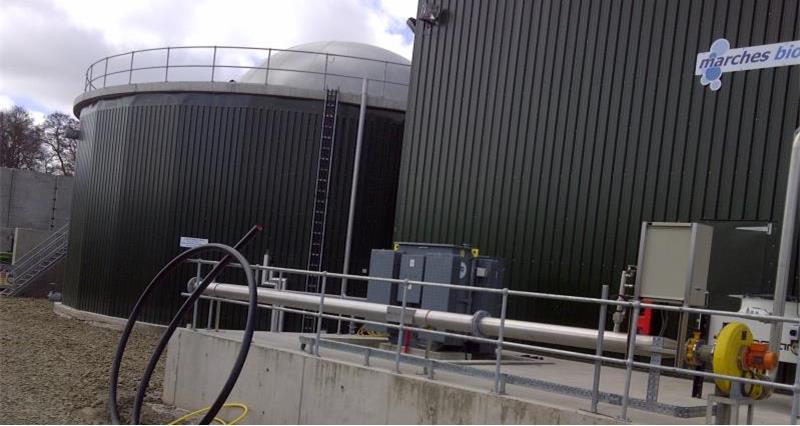From January 2017, feed-in tariffs for electricity from small-scale biogas plants (under 500 kilowatts) could be cut by a further 27%, and the tariff for larger plants would fall to zero (from 7.8p/kWh currently). A six-week consultation by the Department of Energy and Climate Change is to close on 7th July (subsequently extended to 14th July).
Just over two years ago, the FITs for small and medium AD were 14-15p/kWh, nearly three times the new proposed 2017 rates of 5.5p and 6p/kWh. There has been no corresponding reduction in capital costs, which have decreased only modestly as the industry has grown.
“Yet again, this government seems determined to throttle the life out of the emerging renewable energy market”, said Dr Jonathan Scurlock, the NFU's chief adviser on renewable energy.
“After slashing support for the growing solar and biomass industries, this seems like the unkindest cut of all. The multiple environmental and soil management benefits from widespread deployment of on-farm AD will be lost, including the huge potential for avoiding farmyard methane emissions from manure and slurry – a bit of an own-goal for DECC, given that this is a powerful greenhouse gas.”
The NFU also has serious reservations about the practicability of quarterly reporting of feedstock sustainability and the proposed maximum threshold for inclusion of crop feedstocks.
"This is bad news for the rural economy, and bad for agricultural efforts to tackle climate change", added Dr Scurlock.
"The NFU will work with our members and the AD industry to make a robust response to this consultation."
